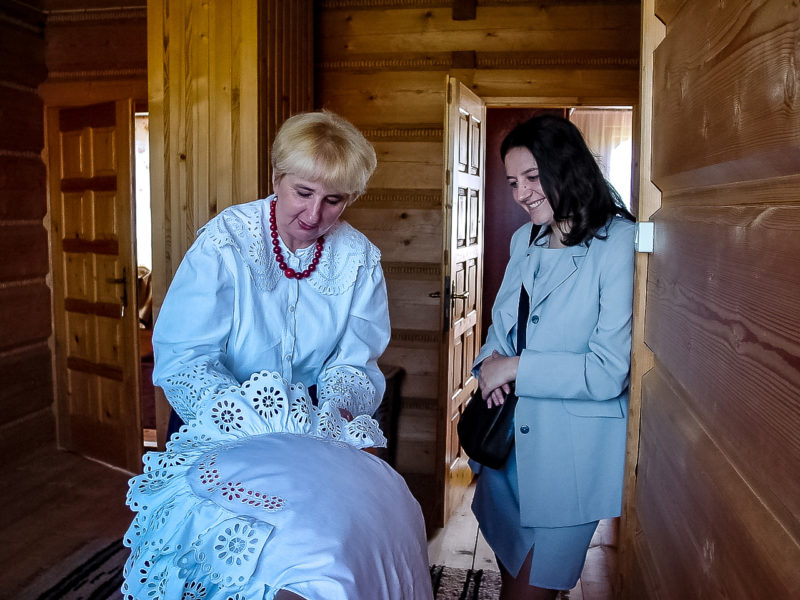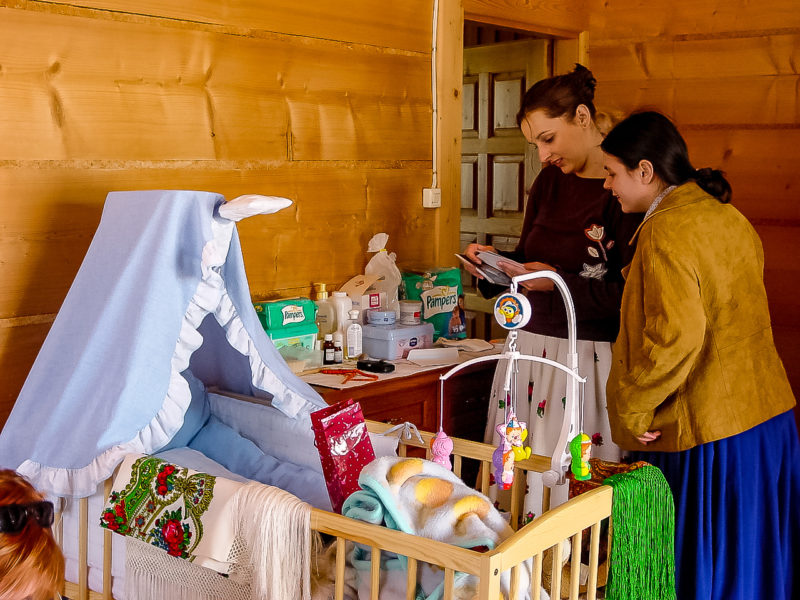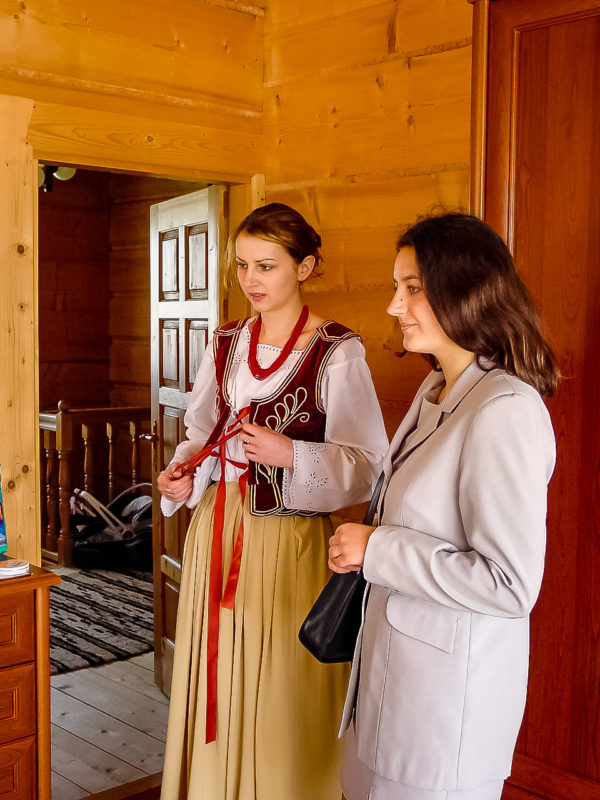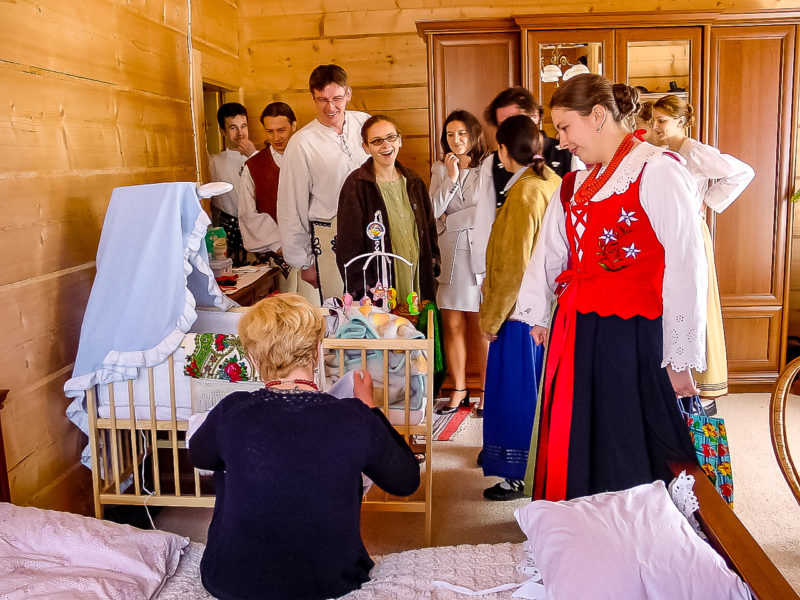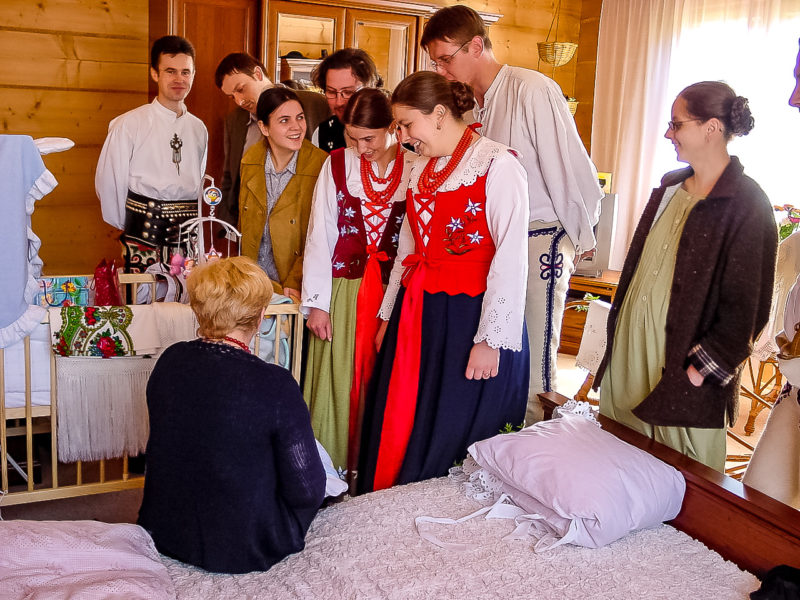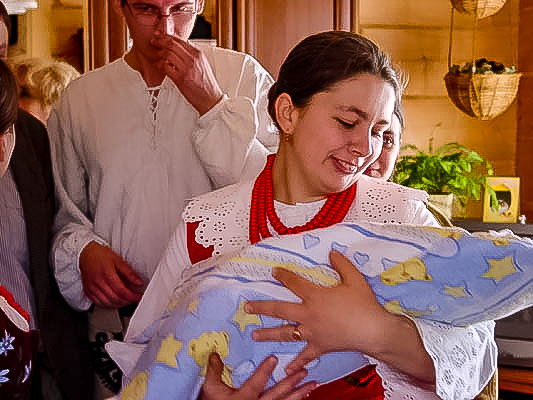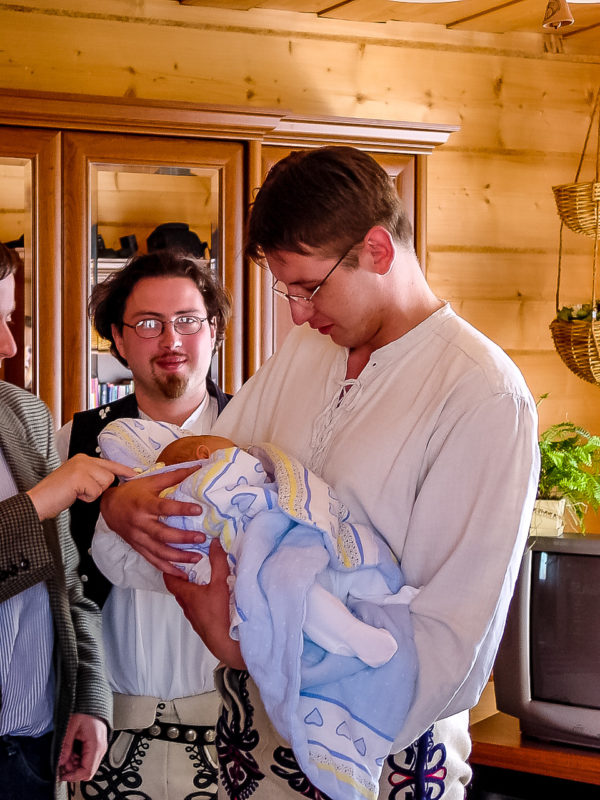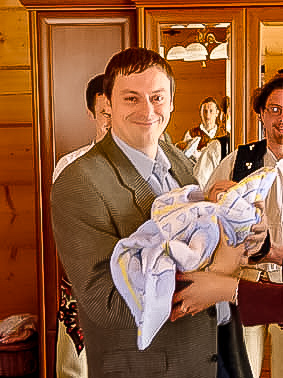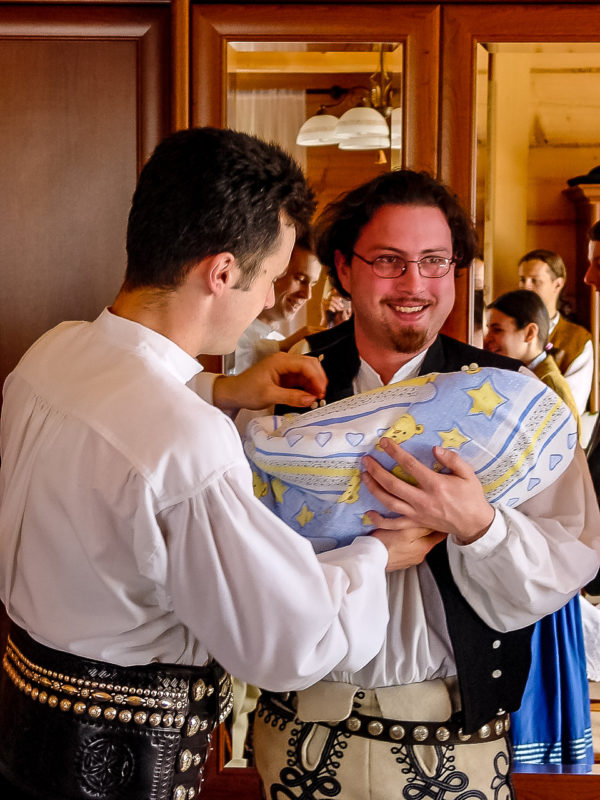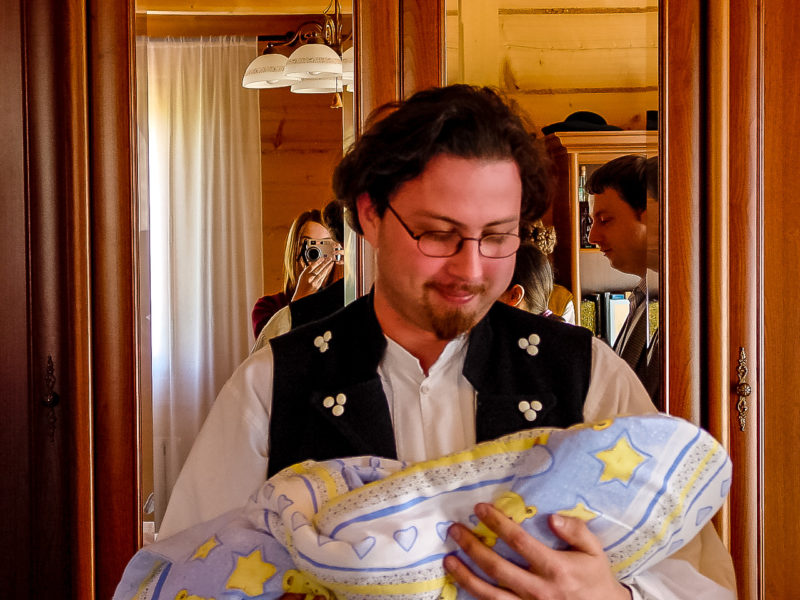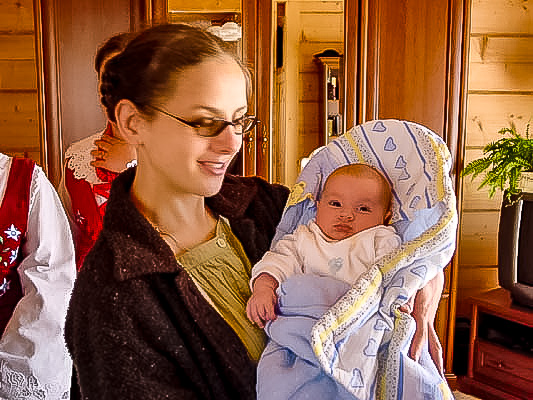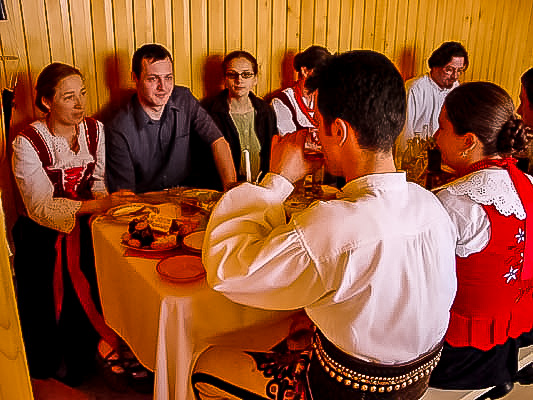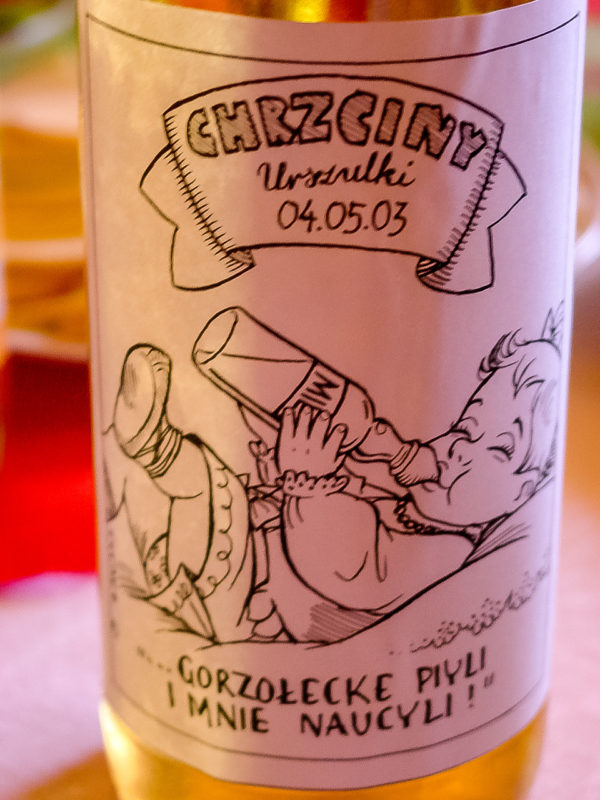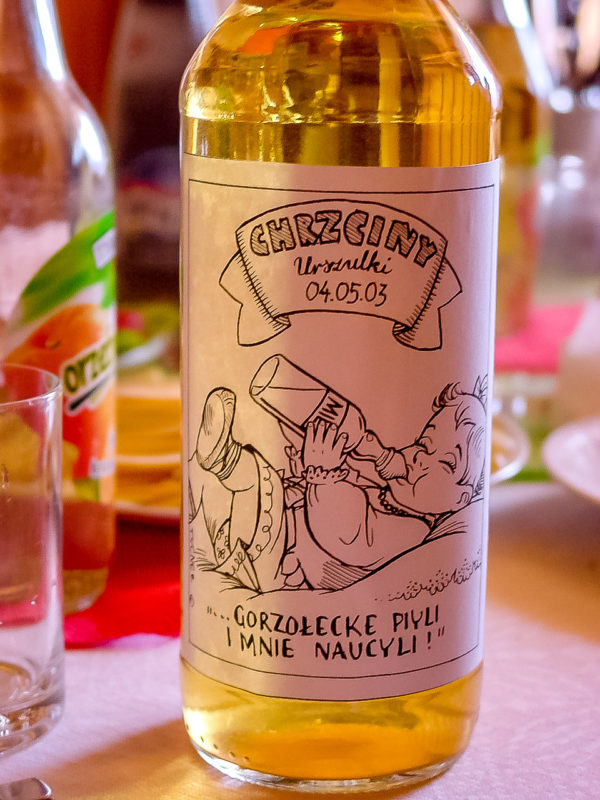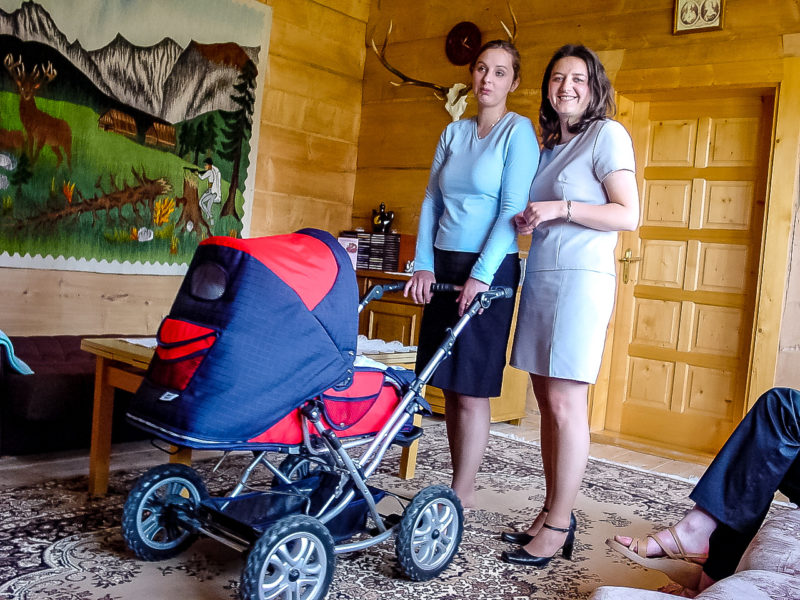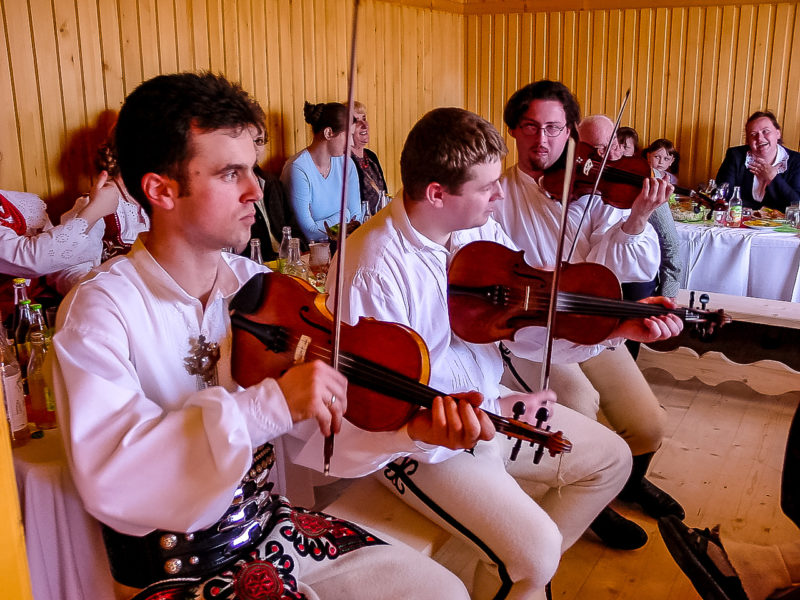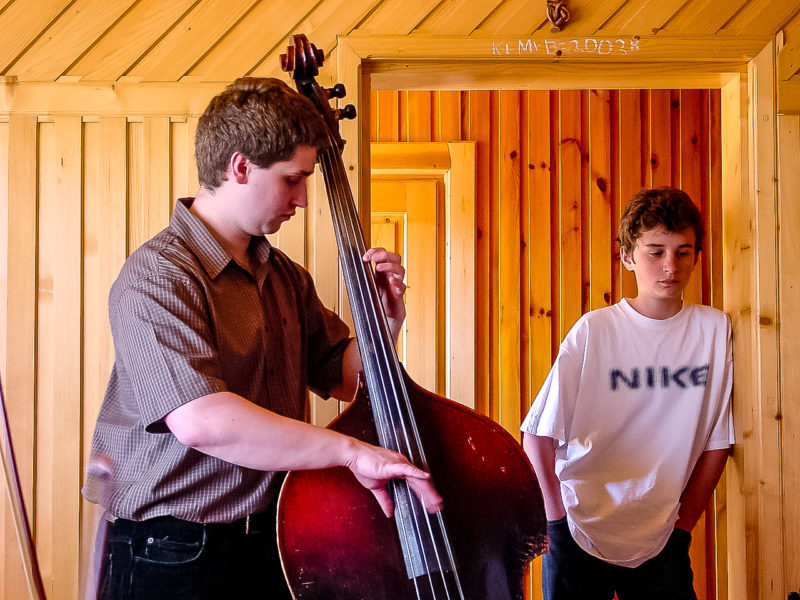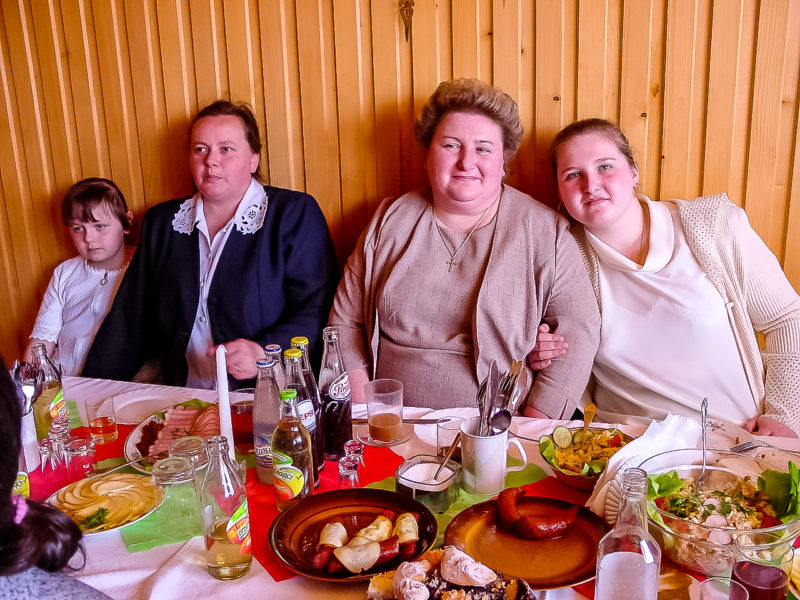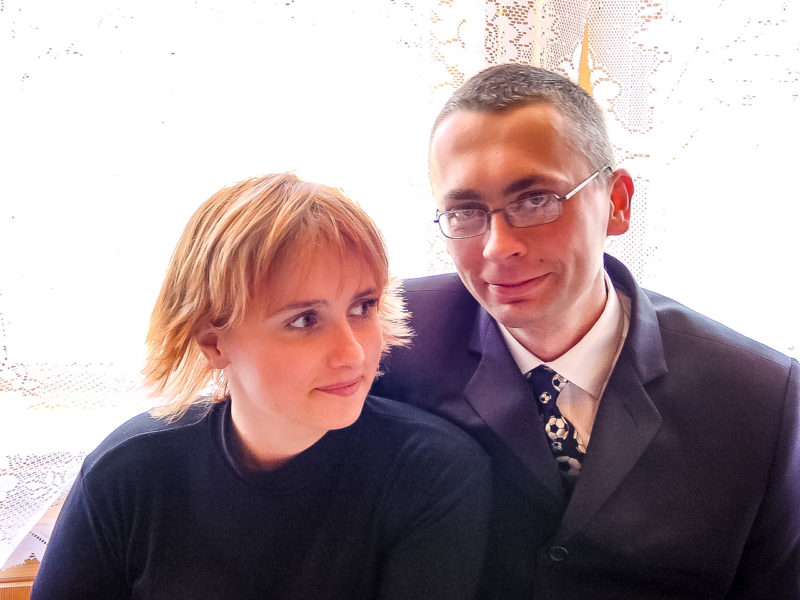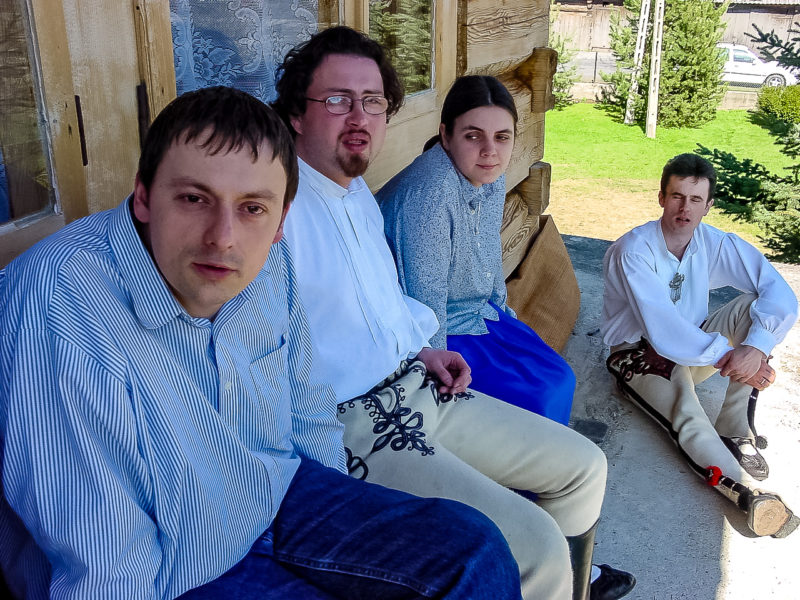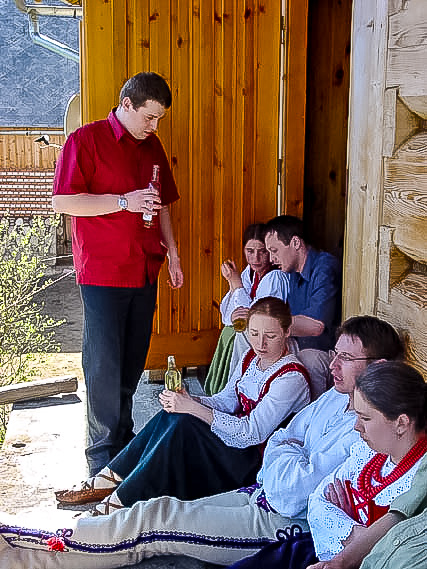This afternoon it was cooler than it has been in the past, but it was still easily seventy degrees (Fahrenheit). I was at Stasiek’s shop, having an afternoon beer while sitting on a bench with Stasiek in front of his store.
Along came two gentlemen, with the younger heading inside to get beer for them both. I glanced at the older man, but didn’t really look at him. He struck up a conversation with me by saying, “Whew, it’s sure stuffy today.” Still not looking at him, I thought for a moment about disagreeing, for I thought it was rather pleasantly cool.
He continued, “We’ve been cleaning the cemetery, and whew, is it hot.”
Finally, I looked at him and the mystery was solved: mid-May, and he was wearing heavy pants, a thick flannel shirt, a woolen sweater, and toboggan.
I just said, “Yeah, I guess it is.”
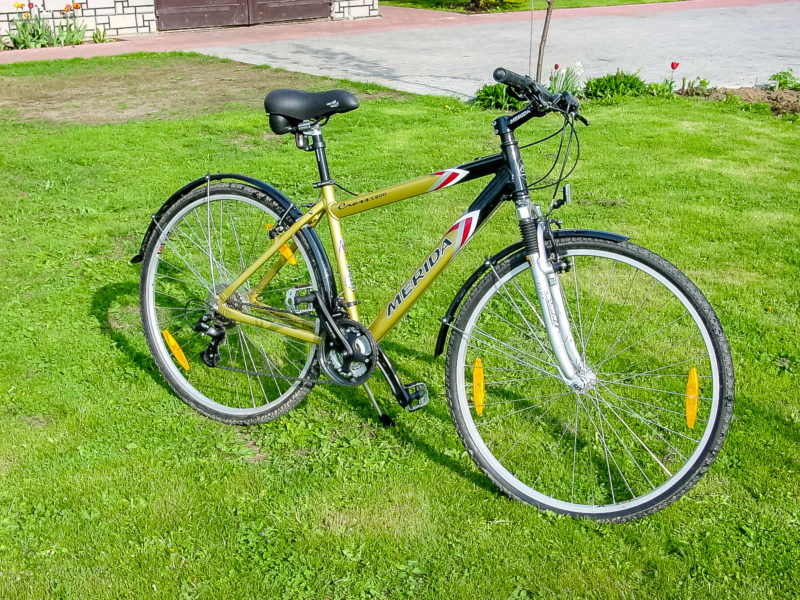
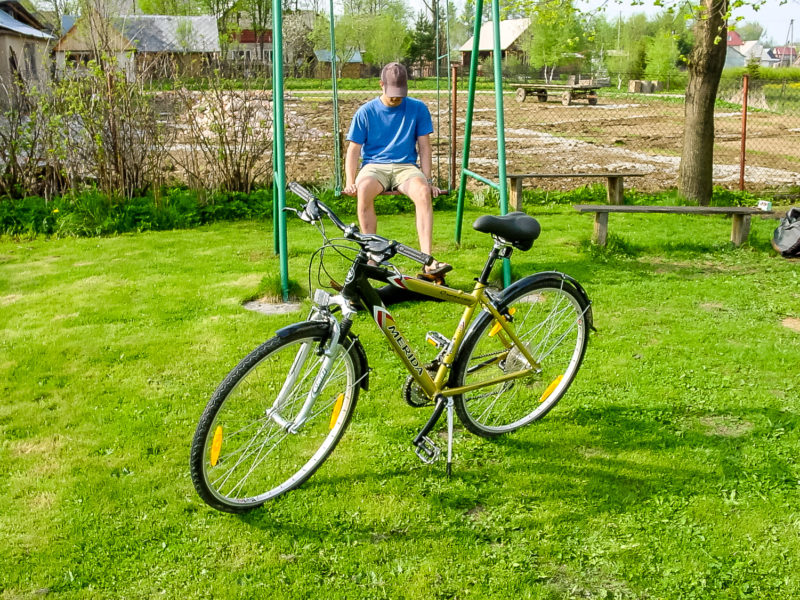

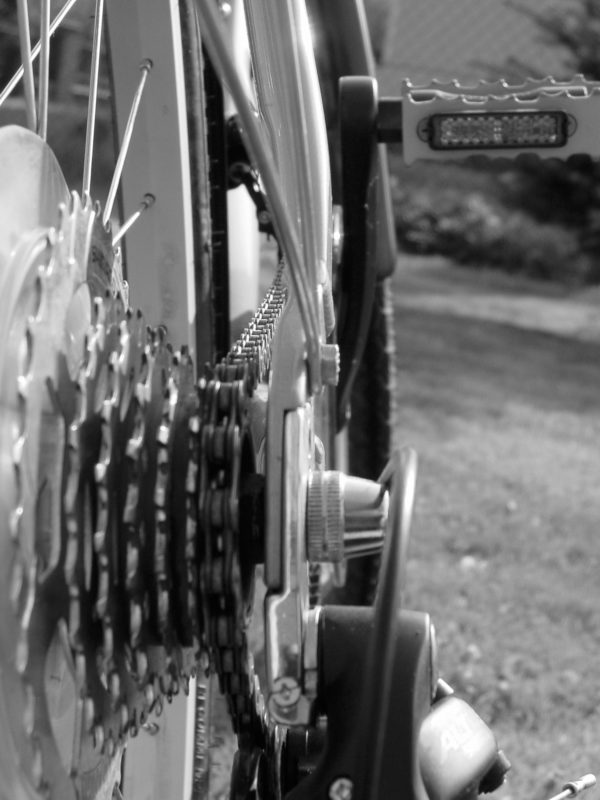
 Few things seem to cause as much angst in a Polish teenager’s life like the matura: a series of compulsory written and oral exit exams. Required of all students are two exams from Polish: a written and a spoken test. Students must pass the written before they are allowed to take the oral exam.The written matura consists of four essay questions read aloud at precisely 9:00 a.m. on the same day in high schools throughout Poland.
Few things seem to cause as much angst in a Polish teenager’s life like the matura: a series of compulsory written and oral exit exams. Required of all students are two exams from Polish: a written and a spoken test. Students must pass the written before they are allowed to take the oral exam.The written matura consists of four essay questions read aloud at precisely 9:00 a.m. on the same day in high schools throughout Poland. This year the questions included the interpretation of a Wis?awa Szymborska poem, and a question, “Od Adam i Ewy…” (From Adam and Eve), about the loss of one’s home and one’s place in society as illustrated through literature. Another question began, “If you want to know a person, look at his shadow…”
This year the questions included the interpretation of a Wis?awa Szymborska poem, and a question, “Od Adam i Ewy…” (From Adam and Eve), about the loss of one’s home and one’s place in society as illustrated through literature. Another question began, “If you want to know a person, look at his shadow…”

